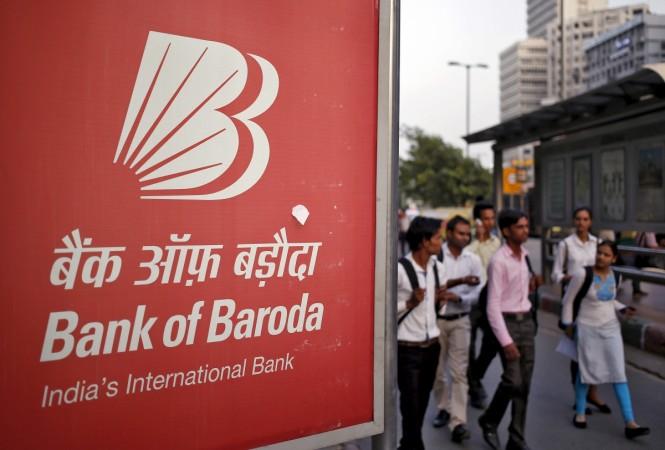
The Banks Board Bureau, which has been set up with the purpose of developing business strategies, assisting banks in raising capital and appointing heads of state-run banks, has proposed merger of strong banks and acquisition of weaker ones after recapitalisation, as reported by Reuters. The consolidation exercise will rev up lending and thereby facilitate growth in India.
Banks Board Bureau chairman Vinod Rai said the time was ripe for the public sector banks (PSBs) to merge into half a dozen banks with healthy balance sheets, thereby allowing for funding the country's economic growth.
On May 17, India's largest lender State Bank of India (SBI) announced absorption of five of its subsidiaries and women-focused Bharatiya Mahila Bank.
Currently there are 27 PSBs in India that account for approximately 70 percent of the country's lending. They also hold most of the $120 billion of India's bad loans. In the budget of 2016-17, the government has also allotted Rs. 25,000 crore for the current fiscal to recapitalise these ailing banks.
In the last quarter of 2015-16 alone, the cumulative loss of 20 state-run lenders stood at Rs. 14,000 crore, reported the Business Standard. The gross bad loans of PSBs shot up to seven percent plus in December 2015 from 5.43 percent seen in March 2015.
The daily, however, said on May 21 that the consolidation plan is not of immediate concern as much as filling vacancies and the streamlining of lending processes, which could be the Banks Board Bureau's first task at hand.
Rai told Reuters that the consolidation exercise should ideally follow a pattern wherein stronger banks should first decide which of their bad loans need to shift off their balance sheets, while weaker banks decide on their need for fresh capital.
PSBs, however, have been reluctant to write off debts, especially those owned by high profile individuals such as Vijay Mallya of the now-defunct Kingfisher Airlines and others. Their willingness to transfer stressed assets will decide the future of a dozen asset reconstruction companies (ARCs) in India, Rai told.
The government, in order to ease lenders' debt-heavy balance sheets and the resultant loss due to provisioning of excess bad loans, has let the promoters to take full control and removed the caps of foreign direct investments in ARCs.
Reserve Bank of India Governor Raghuram Rajan too has asked banks to clean their balance sheets by March 2017.
Streamlining Lending Process
The Banks Board Bureau has set a deadline of June 15 to unveil an interim mechanism to resolve the bad loans issue. It said the proposed mechanism will help analyse a few existing banking processes to help get the best of the bad loans.
However, the mechanism would only focus on the processes undertaken in the resolution and not on the pricing decisions involved, the Economic Times reported.
"There are two kinds of issues, one is process of resolution and the other is the pricing at which the resolution takes place. Pricing is the commercial judgement of the institution, I don't think it would be fair to have an outside agency to take that decision," he noted.













